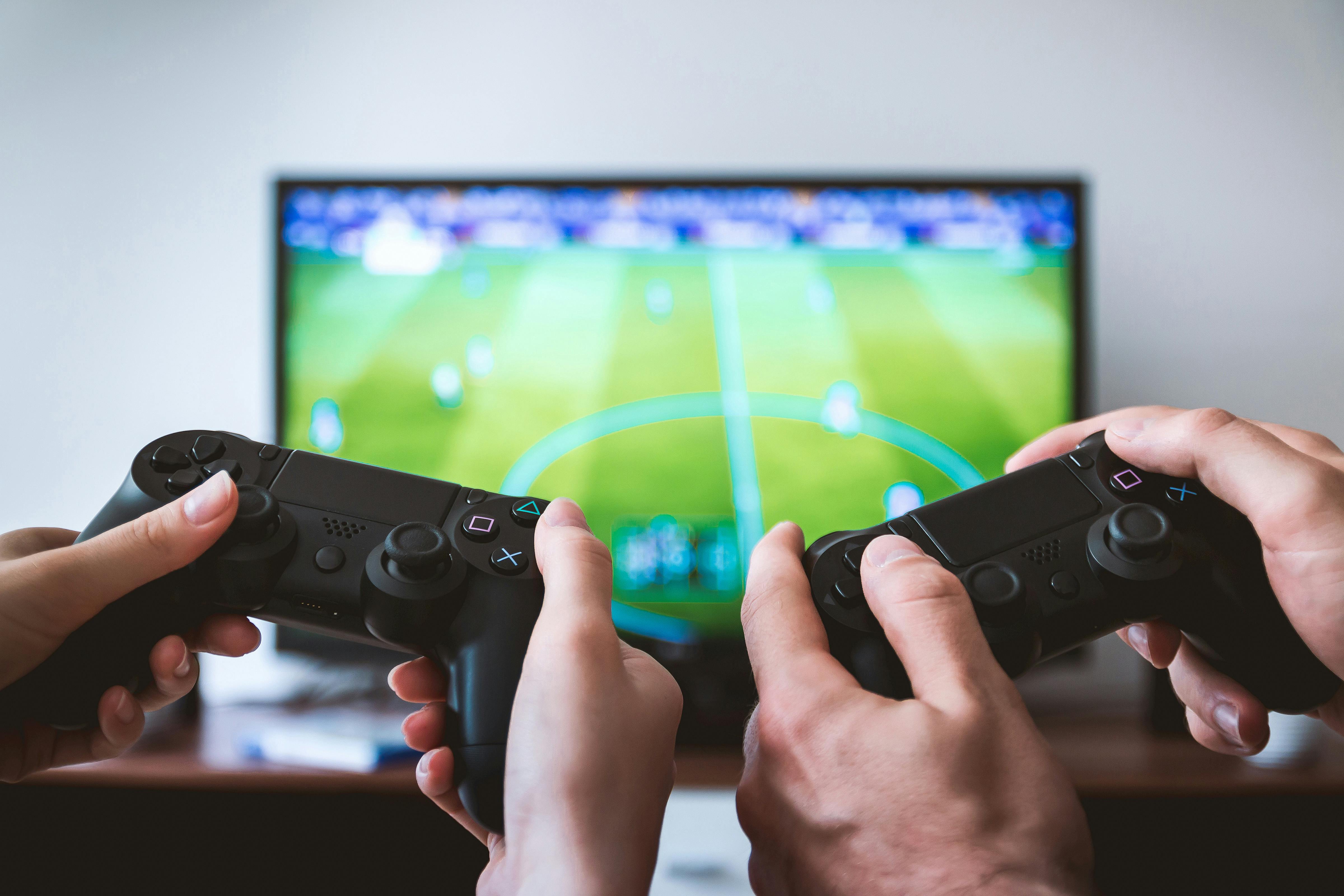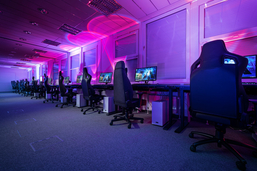How Gaming Shapes Modern Social Interaction and Culture

Over the years, gaming has evolved from a pastime or hobby for millions around the globe to a part of popular culture, affecting everything from how we socialise to how we consume other forms of entertainment. Although originally a solo pastime, gaming has become increasingly social and inclusive, creating communities and even economic growth.
The Evolution of Online Communities in Gaming
The most recent is the advent of online multiplayer experiences. Video Games like League of Legends and Counter-Strike: Global Offensive: Gaming as a social media outlet has become a thing with Global Offensive and Fortnite. Players are now meeting real people from different backgrounds, creating teams, attending events and making friendships that go far beyond the virtual world. Changing gameplay dynamics has created online communities where players can talk, tip and support each other.
At High 5 Casino, for example, they have managed to marry interactive gameplay with social gaming. With games designed for teamwork & competition, it becomes more than solo gaming - it's a place to meet other gamers interested in the same things as you. The advent of these communities reshaped the way games are played and made games an essential component of modern social interaction.
Esports: Gaming as a Professional Industry
It is one of the biggest trends in gaming today - eSports is a multi-billion dollar industry. Dota 2, Overwatch and League of Legends are the mainstays of global competitive gaming and attract millions of viewers each month. Major tournaments like the International and The League of Legends World Championship give players fame as well as big money. With the advent of esports, professional gamers can earn salaries, sponsorships and even streaming revenue.
This has also propelled esports-related industries like coaching, analysis and content creation. This has influenced other entertainment areas as gaming has become a focus for mainstream audiences and advertisers alike. The success of esports leagues and events shows that gaming is now considered mainstream entertainment comparable to traditional sports, both in terms of audience and economic impact.
Gaming's Role in Social Connection
It's become a form of social connection where people play games with other people who share interests. Multiplayer games are all about competition as well as friendship. Game platforms like Minecraft, Roblox and Final Fantasy XIV let people explore massive virtual worlds together while solving puzzles, completing missions and making content.
In gaming, social interaction goes beyond in-game interactions. Gaming-related chat rooms like Discord and Twitch allow gamers to stream and chat with an even wider audience. Virtual spaces have become part of modern social life-giving a sense of community and belonging that is otherwise not present in the physical world.
Gaming and Its Influence on Other Forms of Entertainment
Gaming does not just affect the gaming industry. Some elements of gaming culture have entered other entertainment fields, including film and television. The popularity of video game adaptations like The Witcher on Netflix and Halo on Paramount + has opened doors to a new intersection between gaming and traditional media. These adaptations engage familiar stories in new ways and reach a wider audience not familiar with the games.
Besides, films and TV shows are increasingly telling stories about the gaming culture. Gamer characters have become standard in popular media, with gaming references sprinkled throughout various plots. Its crossover with traditional entertainment reflects the increasing cultural significance of gaming and related entertainment.
Gaming and Education: Learning Through Play
Games have found use in education beyond entertainment. Some schools and education facilities have started to recognize the value of gaming in problem-solving, creativity and teamwork. Classrooms may use games like Portal and SimCity to teach critical thinking and strategic planning. These games have an interactive component that promotes engagement and learning.
Gaming has also been adapted to make history, math and science fun for students. The proliferation of educational games and collaborative play platforms have triggered an educational revolution.
The Psychological Impact of Gaming
Many researchers also study video games for their psychological impact. Although concerns about addiction or violence sometimes cast gaming in a negative light, many studies have shown that games may promote cognitive development, social skills, and mental health. For instance, puzzle and strategy games help with problem-solving and memory retention.
Also, gaming is used for stress relief. Many gamers pick up video games to wind down after a long day or to deal with difficult emotions. The immersion of games temporarily takes players away from the real world.
The Future of Gaming Communities
Future gaming communities look bright as technology improves. VR and AR are expected to make online gaming more immersive and blur the lines between the virtual and physical worlds. Those innovations will allow players to interact in new ways and strengthen social bonds created through gaming.
Additionally, artificial intelligence in gaming will allow more dynamic interactions and adaptive challenges. Technology will only increase the gaming community to provide more social interaction and collaboration opportunities.
To read the latest guides, news, and features you can visit our Other Game Page.







